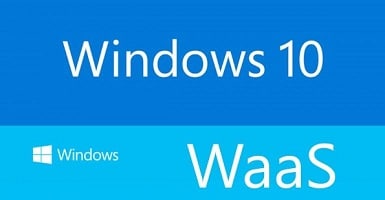Microsoft support for Windows 8 will sunset in January 2023. Here’s why you shouldn’t wait that long to upgrade.
How many of your systems are still running Microsoft Windows 8? Time is running out, and every day that you choose not to upgrade is another day your team is missing out on features and app capabilities that the newer operating systems offer.
While extended support will be available until January 2023, that date is fast-approaching, and support is relegated only to critical security updates—nothing more. Just because support will be available that long doesn’t mean you should hold out on upgrades. We recommend that our customers (and anyone else running an older version of Windows) stay up-to-date for a better overall experience and to mitigate bugs or security risks.
Why You Should Consider Upgrading Now
We saw the same thing happen when Windows 7 was discontinued, as many organisations refused to upgrade early. When a product is discontinued, it means that the parent company—in this case, Microsoft—will no longer give it a dedicated team for customer support, software updates, and most importantly, security patches.
In a landscape where cybersecurity concerns cannot go ignored, and threats are always growing more sophisticated, working with older software can be dangerous and irresponsible. You’re also missing out on critical tech support for other applications connected to the Windows ecosystem, including Office 365. Hackers frequently take advantage of outdated software, with one-third of Australian organisations quietly paying out millions as a result of ransomware and similar attacks. One of the best ways to defend against and thwart these kinds of events is to keep your software applications and systems up-to-date.
Windows as a Service
Microsoft has gone on record calling its latest operating systems—Windows 10 and now Windows 11—the “Forever OS,” or the last versions of Windows. Of course, this does not mean Windows will cease to exist. It merely means that there will be no incremental releases—so it’s likely there will be no Windows 12, 13, or future iterations, at least in the traditional sense.
Instead, Microsoft will be focusing all of its resources on its Windows-as-a-service model, keeping it up-to-date, secure, and innovative. Windows 11 customers will always enjoy access to the latest security patches, software updates, and critical support, including customer service. This also means that you won’t be dealing with future OS upgrades like the one you’re facing now.

Deploying future upgrades to the Windows operating system will work differently and be simpler than previous generations, as Microsoft describes. Upgrading now will enable access to enhanced application compatibility, servicing, feature updates, and quality updates.
There is no better opportunity than working with the latest and most secure software available. We recommend upgrading now to start reaping the benefits as soon as possible.

